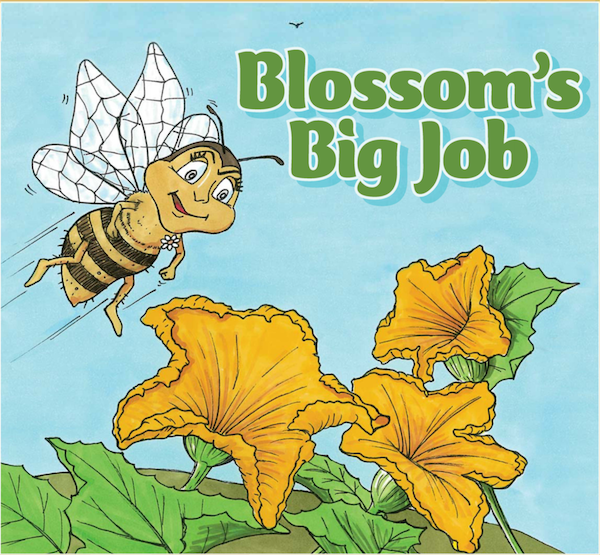Why Wednesday #2
Last week, we solicited some of your growing questions, issues and wonderings! This week, we’re out to set the record straight. Below are the answers to the questions asked last year, and common gardening questions we are asked regularly!
My seedlings suddenly withered and died. What happened?
The last day to plant vegetables in your outdoor garden will be determined by your first frost date (the date you are expected to get your first frost in your region). Vesey’s has a great list of Canadian cities first frost dates here. Look at your first frost date and check the dates to germination and maturity for your plants. Do you have enough time for your plants to mature before your last frost? There are several ‘cold-hardy’ vegetables that can handle dropping temperatures, such as beets, carrots, radish, cabbage, kale and spinach. Remember, you can always extend your growing season with garden fabric, a cold frame or low tunnels to protect veggies from frost. And, if you’re feeling lucky, you can take the risk!
How can I best control weeds in my garden?
Our best advice is to MULCH! Prepare your beds to rid of weeds and mulch around your plants with at least a 3-inch layer of straw, dried leaves, saw dust, dried grass clippings or even compost. Here is a great guide on mulching from our friends at Gardenline at the University of Saskatchewan.
What vegetables can grow in the shade?
Most vegetables will thrive in full sun (6-8 hours of sun), but many will tolerate partial shade. These following crops will produce in a location that receives partial sun, or an area that receives dappled shade throughout the day:
- Arugula (Aruca sativa) Will grow in shade and full sun
- Beans (Phaseolus vulgaris cult.) Requires at least 5 hours of sun each day
- Kale (Brassica oleracea, var. acephala) Prefers cool soils, and will tolerate light frosts
- Lettuce (Lactuca sativa) Dislikes direct sun
- Cabbage (Brassica oleracea var. capitate) Full shade will prevent tight heads forming
- Beets (Beta vulgaris) Will have smaller roots in shade, but tasty greens
- Peas (Pisum sativum) Requires 5 hours of sun each day
- Swiss Chard (Beta vulgaris) Tolerates light shade, prefers cool temperatures
How often should I water?
The answer to this question is the dreaded ‘it depends’. Most vegetables require 1-1.5 inches of water each week. Variables such as humidity, air temperature, wind and consistency of soil can affect this. Try the finger test to know when to water: when soil feels dry an inch or two into the ground, it is time to water. Remember to water deeply, rather than watering for short periods, or ‘shallow’. Deep watering will encourage root growth and strength, and your plants will be more resilient because of this.
What is the difference between an indeterminate tomato and a determinate one and which do I want?
An indeterminate tomato, also known as ‘vining’, continues to grow and vine the entire season. A determinate tomato, also known as ‘bush’, will grow to a certain point and stop. When planting determinate or bush tomatoes, they tend to ripen around the same time. This is great if you are planning to make paste, salsa or can your tomatoes. Bush tomatoes are also a great choice for pots, as they will not grow too tall and require extensive trellising. Indeterminate or vining tomatoes are a great choice if you would rather harvest a few tomatoes each day throughout the season. Remember, they get quite large and will require sturdy support!
What is an onion set?
Many people choose to plant their onions from ‘sets’, rather than seeds. Onion sets are small onion bulbs that are harvested and cured before they reach full size. The sets are lifted and dried, cleaned and stored in a cool, dry location for planting in the spring. Onion sets will produce much faster than onions grown from seed.

